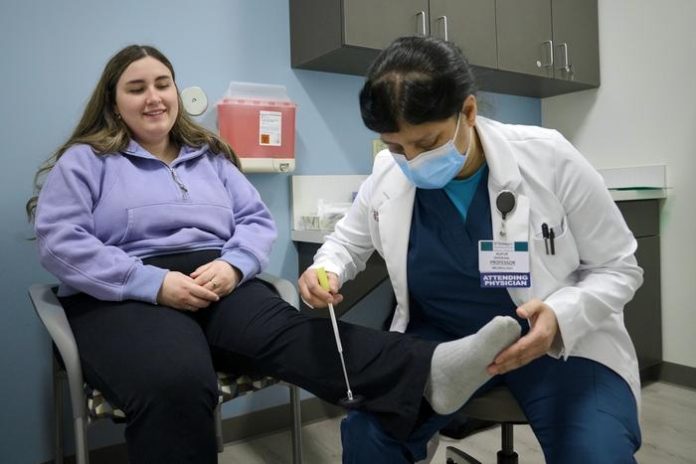Researchers are now enrolling participants as young as 18 for a groundbreaking clinical trial aiming to prevent Alzheimer’s disease before symptoms appear. Led by Washington University School of Medicine in St. Louis, this international study is the first of its kind to intervene up to 25 years before typical onset.
The Primary Prevention Trial targets individuals from families with rare genetic mutations that increase the risk of early-onset Alzheimer’s, usually occurring in their 30s, 40s, or 50s. While focusing on this specific group, researchers believe the findings could revolutionize prevention strategies for all types of Alzheimer’s.
A Race Against Time
Dr. Eric McDade, the principal investigator of the trial, emphasizes the significant progress made in Alzheimer’s treatment in recent years. The study will test remternetug, an investigational antibody developed by Eli Lilly and Company, aimed at removing or preventing the accumulation of amyloid beta plaques in the brain, a key protein linked to Alzheimer’s.
A Personal Fight
For 24-year-old Hannah Richardson, participating in the trial is a personal mission due to her family history with Alzheimer’s. The trial offers a more patient-friendly treatment approach, with injections every three months compared to frequent infusions with current medications.
Innovation in Treatment
The trial has received substantial financial backing, with over $130 million committed from various sources. The project has the potential to impact how Alzheimer’s disease is prevented, providing hope to millions affected by the disease worldwide.
If you found this piece useful, please consider supporting our work with a small donation. Your contribution enables us to continue bringing you accurate, thought-provoking science news. Independent reporting requires resources, and your support makes it possible for us to explore important stories. Together, we can ensure discoveries reach those who need them most.






